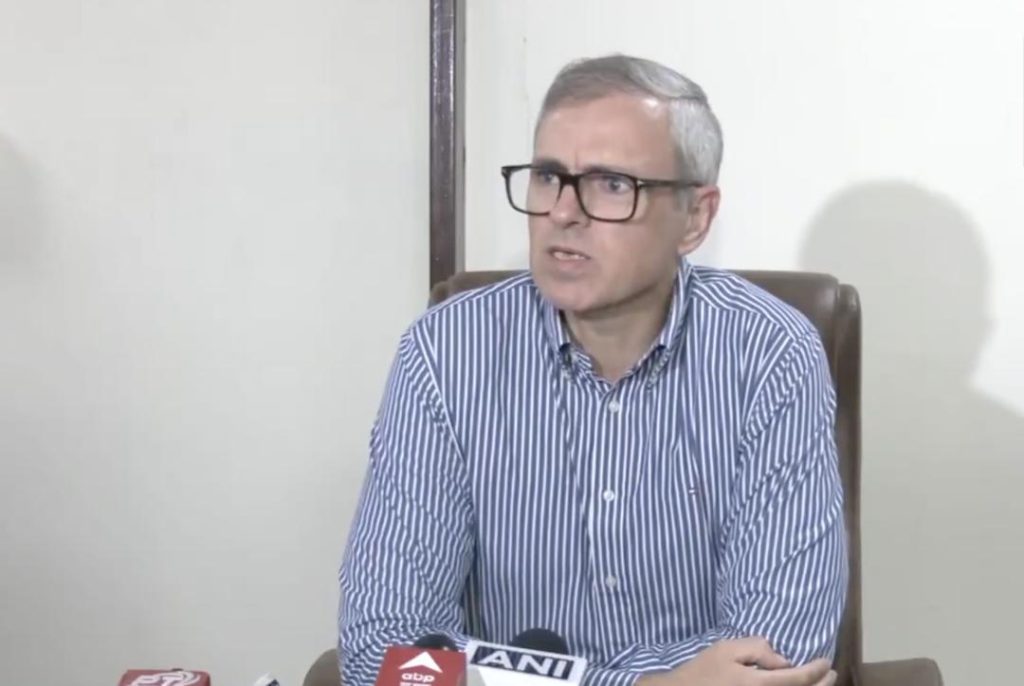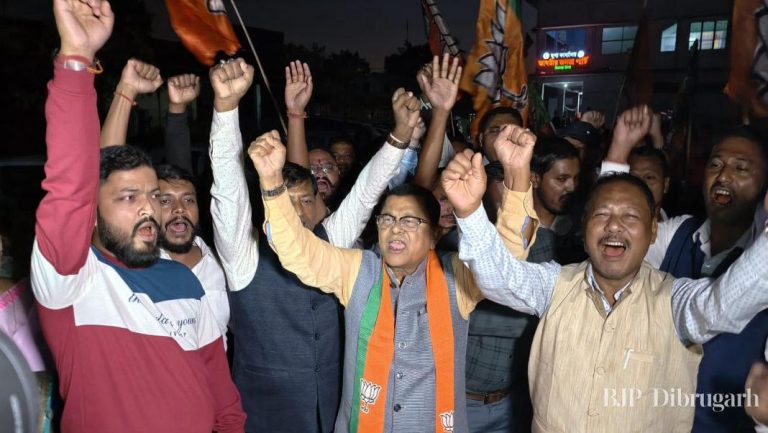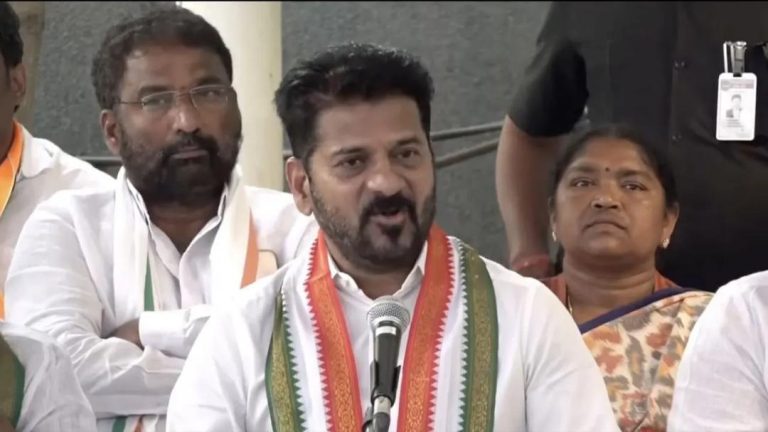
Why Should I Send Water to Punjab?: J&K CM on Canal Proposal
The recent proposal to construct a 113 km-long canal to redirect surplus water from three western rivers of the Indus system in Jammu and Kashmir to Punjab, Haryana, and Rajasthan has sparked a heated debate in the region. The canal, which would divert water from the rivers Jhelum, Chenab, and Ravi, is touted as a solution to the water scarcity issues faced by the three states. However, Jammu and Kashmir Chief Minister Omar Abdullah has expressed strong reservations about the proposal, questioning the rationale behind diverting water from his state to others.
“Why should I send water to Punjab?” Abdullah asked, echoing the sentiments of many in his state. “Punjab already has water under the Indus Waters Treaty,” he added. The Indus Waters Treaty, signed in 1960, allocates the waters of the Indus, Jhelum, and Chenab rivers among India, Pakistan, and Jammu and Kashmir. Under the treaty, Pakistan has the right to use the waters of the Indus and its tributaries up to a certain extent, while India has the right to use the waters of the Jhelum and its tributaries.
Abdullah’s reaction to the canal proposal highlights the long-standing grievances of Jammu and Kashmir against the Indus Waters Treaty. The state has often felt that it has been unfairly treated under the treaty, with its water resources being exploited by Pakistan and India without sufficient consideration for its own needs. The state has repeatedly demanded a more equitable distribution of water resources, but its demands have largely fallen on deaf ears.
One of the primary concerns raised by Abdullah and other stakeholders in Jammu and Kashmir is that the canal proposal would further exacerbate the state’s water scarcity issues. The state already faces significant water challenges, with many areas experiencing severe droughts and water shortages. The diversion of water from the western rivers to other states would only add to the state’s water woes, making it even more challenging for the state to meet the needs of its people.
Another concern raised by Abdullah is that the canal proposal would undermine the state’s sovereignty and territorial integrity. The state has long been wary of attempts by other states and countries to exploit its natural resources, including its water resources. The proposal to divert water from Jammu and Kashmir to other states without the state’s consent is seen as a violation of its sovereignty and territorial integrity.
The canal proposal has also raised concerns about the environmental and ecological impacts of diverting water from the western rivers. The rivers are home to a rich biodiversity, including many endangered species, and any changes to the river flows could have significant environmental and ecological consequences. The proposal has been criticized for lacking adequate environmental impact assessments and ignoring the concerns of local communities and conservationists.
In conclusion, the canal proposal to redirect surplus water from Jammu and Kashmir to Punjab, Haryana, and Rajasthan is a contentious issue that has sparked a heated debate in the region. While the proposal is touted as a solution to the water scarcity issues faced by the three states, it has raised significant concerns about the water rights of Jammu and Kashmir, the state’s sovereignty and territorial integrity, and the environmental and ecological impacts of diverting water from the western rivers.
As the debate continues, it is essential to consider the perspectives of all stakeholders and to ensure that any decision taken is in the best interests of all parties involved. The Indus Waters Treaty, signed in 1960, is a complex and outdated agreement that needs to be revised to better reflect the needs and concerns of all parties. Until then, the debate over the canal proposal will continue to rage on, with Jammu and Kashmir Chief Minister Omar Abdullah’s question – “Why should I send water to Punjab?” – remaining a pertinent and pressing issue.






